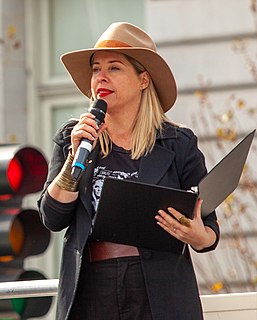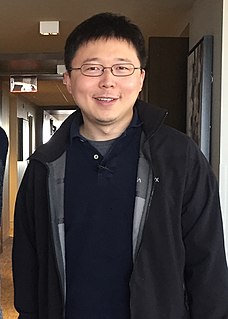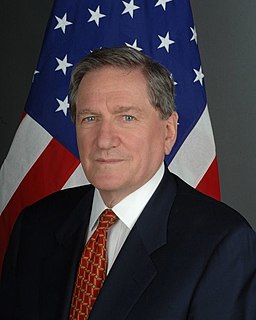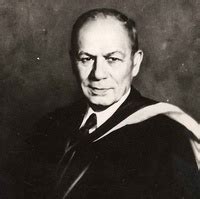A Quote by Marissa Mayer
Today, only about 1% of the World Wide Web is written in Arabic.
Related Quotes
When I was 14, I spent a huge amount of time on the Internet, but not the Internet we know today. It was 1994, so while the World Wide Web existed, it wasn't generally accessible. Prodigy and CompuServe were popular, and AOL was on the rise, but I didn't have access to the web, and no one I knew had access to the web.
New information and communications technologies can improve the quality of life for people with disabilities, but only if such technologies are designed from the beginning so that everyone can use them. Given the explosive growth in the use of the World Wide Web for publishing, electronic commerce, lifelong learning and the delivery of government services, it is vital that the Web be accessible to everyone.
MEMRI allows an audience far beyond the Arabic-speaking world to observe the wide variety of Arab voices speaking through the media, schoolbooks, and pulpits to their own people. What one hears is often astonishing, sometimes frightening, and always important. Most importantly, it includes the newly-emerging liberal voices of reform and hope, as well as disturbing echoes of ancient hatreds. Without the valuable research of MEMRI, the non-Arabic speaking world would not have this indispensable window.
During all the first part of the Middle Ages, no other people made as important a contribution to human progress as did the Arabs, if we take this term to mean all those whose mother-tongue was Arabic, and not merely those living in the Arabian peninsula. For centuries, Arabic was the language of learning, culture and intellectual progress for the whole of the civilized world with the exception of the Far East. From the IXth to the XIIth century there were more philosophical, medical, historical, religiuos, astronomical and geographical works written in Arabic than in any other human tongue.



































